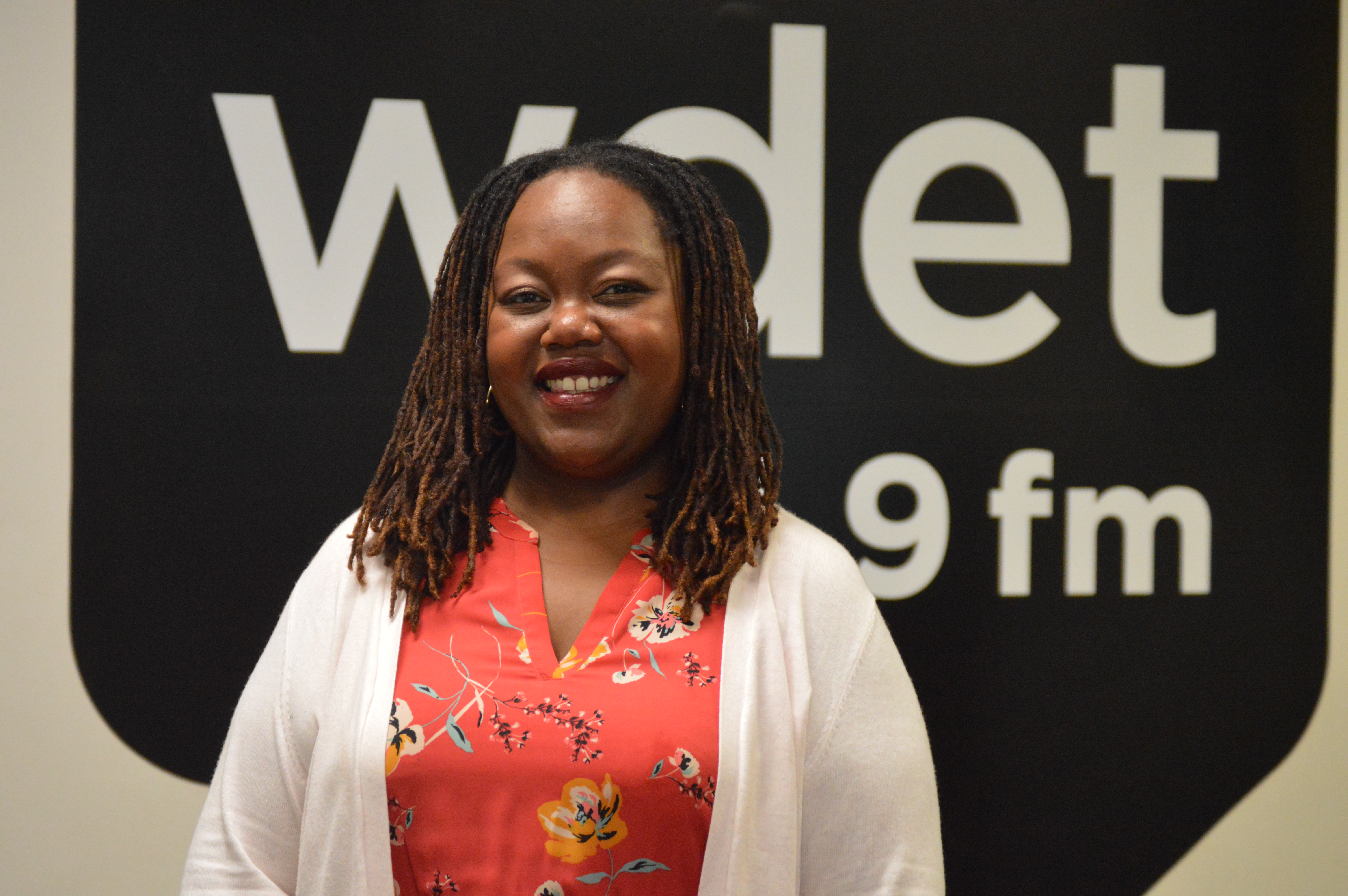We Need to Rethink How Women of Color Receive Health Care
Condescension from medical professionals is just the start of the problems. And disparity in treatment shows up in results.


Although people of all races, genders, income levels and age have bad health care experiences, women — and women of color, specifically — face unique obstacles.
Condescension is just the start of the problems. And disparity in treatment shows up in results.
Click on the player above to hear Detroit Today’s discussion on health disparities for women of color.
Elle Simone Scott is founder of SheChef Inc. Her healthcare experience revealed she had ovarian cancer, but she had to deal with difficult staff before finding that out.
“It was the worst experience I’ve ever had,” Scott says. “The doctor was very condescending to me. I felt like she was treating me like a teenager.”
Tina Sacks, a professor at UC Berkeley’s School of Social Welfare. “We know this is the case from the empirical data that show us that women of color get treated differently,” says Sacks.
Leseliey Welch, who is on faculty in Public Health at Wayne State University and lectures in Women’s Studies at University of Michigan. She is currently leading the development team for Birth Detroit, a local wellness and birth center.
Further reading: This dynamic is especially clear when we look at infant and mother mortality. A 2018 University of Michigan study showed that women of color and those of Hispanic heritage had higher rates of severe birth related issues than non-Hispanic white women. Black women, for example, have a 70 percent higher rate of major birth problems than white women.
“Our overall rates of infant mortality have gone down, but the racial disparities persist,” says Welch.
She says it’s important for women of color to have health care options that are responsive to their specific lives and culture.
“Culturally responsive care looks like, perhaps, having a care provider who looks like you, who understands your culture, who empathizes with your life experiences.”
Related: Wayne State Looks to ‘Reboot’ Urban Pediatrics Program
